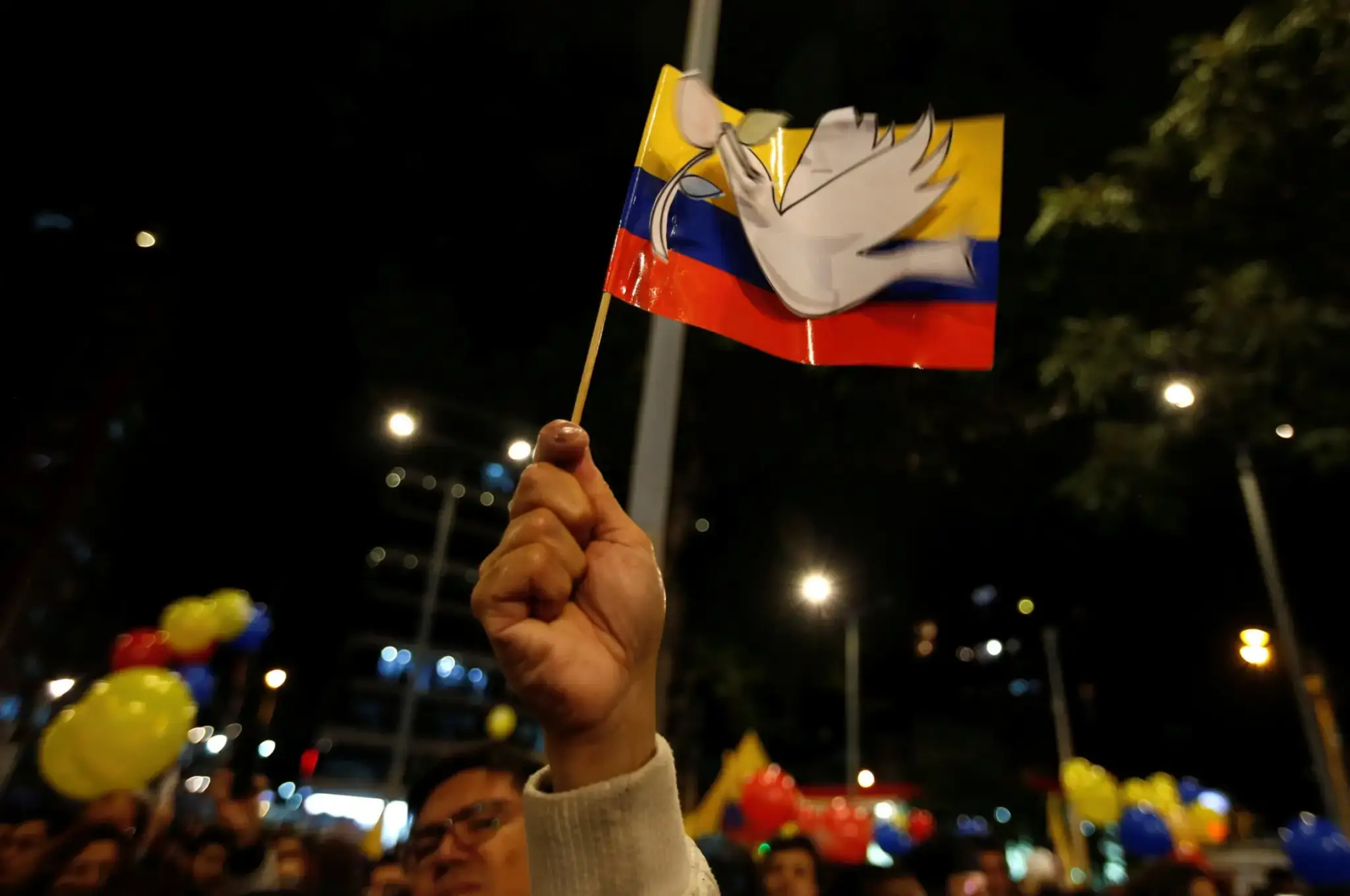Luiz Inácio Lula da Silva’s speech on the relativity of the concept of democracy caused an intense debate on social networks and in the media. The positions were different from each other and all kinds of arguments were mixed to defend or attack a universal idea of democracy.
From a philosophical perspective, the discussion is endless. Ultimately, we are talking about concepts and not objects, so it is impossible to reach a definitive and unappealable conclusion. But from the point of view of the social and political sciences, there is an established consensus on what democracy means and its universality.
Political science, through authors such as Robert Dahl, Norberto Bobbio, Adam Przeworski, and others, agrees on a basic point: democracy is a political regime in which the opposition has the possibility of winning elections.
At the political level, the United Nations has contributed to disseminating a universal notion of democracy, consolidated through protocols and covenants that protect rights also considered universal. This is the case of the International Covenant on Civil and Political Rights, to which both Brazil and Venezuela are signatories.
The Commission on Human Rights declared in 2022, in its resolution 46, that the basic elements of democracy comprise: a. Free and fair periodic elections; b. Existence of free, independent, and pluralistic media; c. Respect for fundamental human rights and fundamental freedoms, among others. Today, none of these principles can be verified in Venezuela.
When we analyze the elections in that country, yes, they have been numerous, but in each election, irregularities have increased. Both Hugo Chávez and Nicolás Maduro corrupted the electoral processes before, during, and after.
Before the elections, the Government abuses state resources, uses militiamen to prevent the opposition from campaigning in popular neighborhoods, disqualifies candidates and political parties, and threatens or coerces candidates’ logistical teams. Last month we saw how Henrique Capriles (from the center-left) was beaten when he visited a neighborhood in the interior of the country and how the police arrested the person who rented the sound equipment for María Corina Machado (center-right) to speak at a party conference. These are not the first cases.
The Government uses political disqualifications to prevent the population from electing the candidates of their choice, but this does not only happen to the traditional political opposition. In the 2021 gubernatorial and mayoral elections, the Communist Party of Venezuela, a long-time ally of the Government, suffered 14 such disqualifications to prevent it from running separately in some municipalities and fragment the Government’s narrow electoral base.
During elections, the Government threatens voters with exclusion from social policies and uses activists and militiamen to control people’s vote and ensure that they vote “correctly”.
And after the elections, even when the opposition wins, the Government, through the courts or the Attorney General’s Office, disqualifies the winners, preventing them from taking office, as happened in 2016 with three indigenous deputies or in 2021 with the winner of the gubernatorial elections in Barinas State (southwestern Venezuela). Sometimes, the Government simply takes away resources and powers from opposition governors, as in the case of Zulia (northwest of the country). All this, when votes are not invented, as happened in 2017, as denounced by Smartmatic, the company responsible for the software and voting machines in the country.
If we look at the media situation in Venezuela, the picture is no less discouraging. Private newspapers and channels can barely survive under great economic pressure as long as they avoid political criticism. Last year 78 radio stations were closed down without anyone knowing why. European Union observers monitoring the 2021 elections noted that “some media outlets choose not to provide information to avoid political problems.”
The European Union Election Observation Mission interlocutors reported self-censorship in 21 states and the change of the editorial line of some media as a result of political pressure in 13 states.
The situation of other human rights is even more dramatic. The Venezuelan government is the first country in Latin America that has an open investigation at the International Criminal Court for committing crimes against humanity, such as. torture, murder, and rape, among others.
Cases of torture have been documented by Amnesty International, Human Rights Watch, and UN agencies such as the Office of the High Commissioner for Human Rights. To date, according to the Venezuelan NGO Foro Penal, there are still more than 200 political prisoners in the country. Arbitrariness reaches such absurd levels that, even if a Court issues a sentence of release, the person can remain incarcerated by the decision of the prison director.
The systematic violation of human rights does not only affect those who organize politically. The right to strike is de facto eliminated and many union leaders are imprisoned or assassinated. Indigenous populations suffer the destruction of their territory by government-sponsored mining, as well as threats and harassment if they protest publicly.
It is no coincidence that the most important international indicators of democracy, such as V-Dem, Freedom House, and The Economist Index, coincide in labeling Venezuela as an authoritarian regime. In other words, a dictatorship.
The fact that Venezuela is a dictatorship is a consensus consistent with the concept of democracy adopted by most human rights nations and researchers. And this consensus is not a purely technical issue, but also a historical one.
One of the greatest tragedies of the last century was that leaders and intellectuals who questioned the legitimacy of “liberal” democracy were imprisoned or assassinated by the “popular”, “radical” or “workers” democracies they helped to build.
The lessons of the 20th century and the universal value of rights must not be forgotten.
*Translated from Spanish by Janaína Ruviaro da Silva











